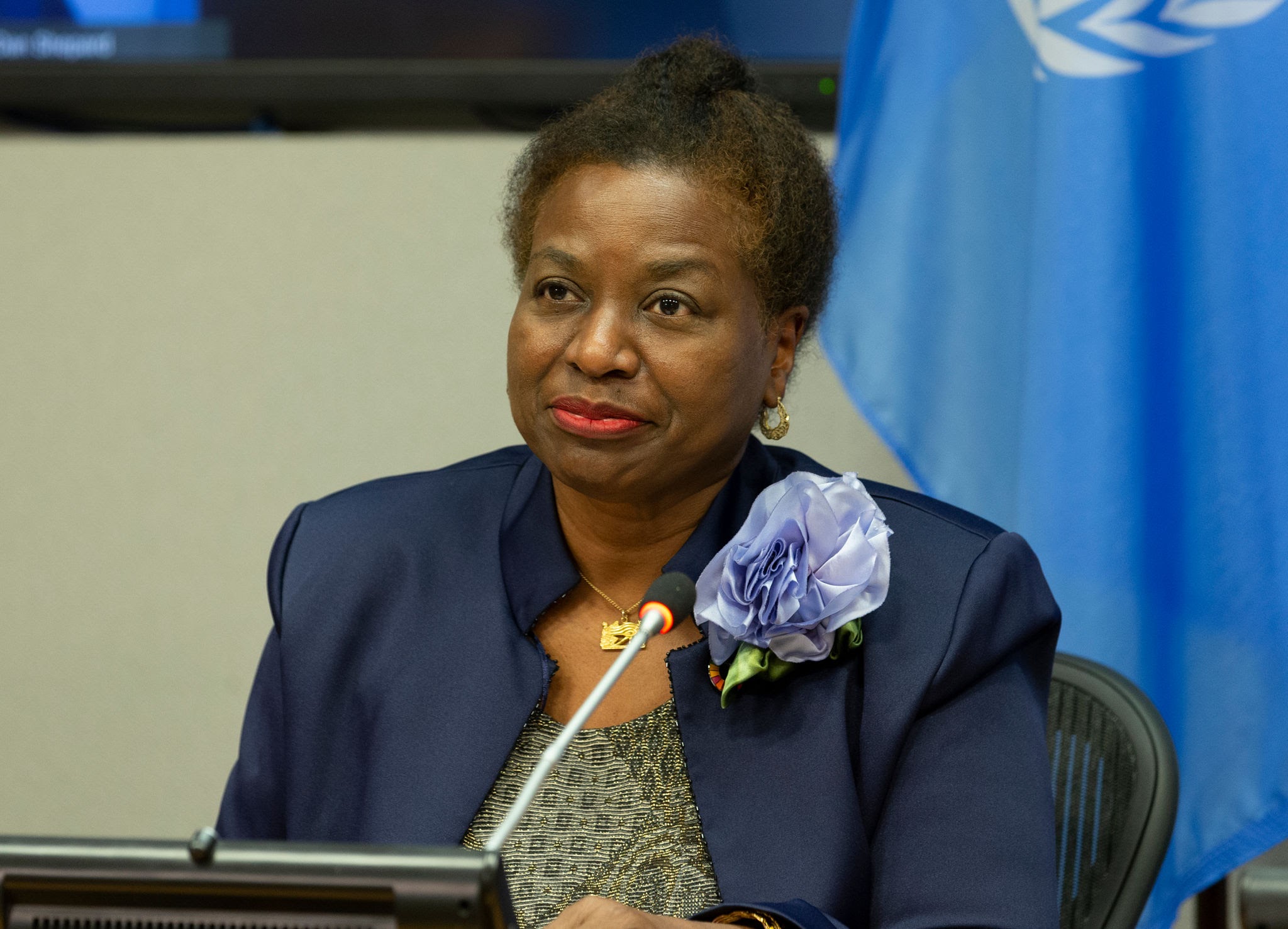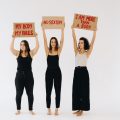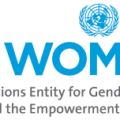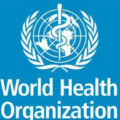
Keynote by UNFPA Executive Director Dr. Natalia Kanem at a side event on “Bodily Autonomy – a fundamental right” during the sixty-sixth session of the Commission on the Status of Women.
Greetings Excellencies,
Distinguished Delegates and Friends,
Bodily autonomy… What exactly is it and what does it mean to UNFPA?
It is often misunderstood and often taboo, even in the most progressive societies. The first step to realize it is articulating the concept itself and talking about it in conversations like we’re having here today.
Bodily autonomy means my body is for me; my body is my own. It’s about power, and it’s about agency. It’s about choice, and it’s about dignity. Bodily autonomy is the foundation for gender equality, and above all, it’s a fundamental right.
For UNFPA, bodily autonomy is mission critical. We know that when women and girls have the information, the services and the means to make decisions about their own bodies and lives – free from violence, discrimination or coercion – they can chart their own destiny and realize their full potential.
And when they do, the benefits – to their health, education, income and safety – extend to their communities, countries and beyond.
Societies flourish when women and girls are empowered to exercise their bodily autonomy. Yet, many are still denied this basic right.
Somewhere today…
…an adolescent girl learns that her 13th birthday will be her wedding day.
…a young woman seeking contraception is told she needs her husband’s consent.
…a man forces his wife to have sex in a country where marital rape is not illegal.
UNFPA partnered to collect international data that found nearly half of women lacked the power to make their own decisions about whether to have sex with their partner; whether to use contraception, or whether to seek healthcare.
1 in 5 countries have laws on the books preventing women and young people from accessing contraceptives without the permission of their husbands or parents.
We see violations of bodily autonomy when a lack of choice leads to unplanned pregnancy. We see it in life-derailing practices such as child marriage and female genital mutilation. It is there when people are denied their right to live free from violence and harm, including online, as is their bodyright.
Some violations go unchallenged. They are reinforced by deeply rooted social and gender norms. Indeed, some of the most persistent barriers to bodily autonomy involve harmful stereotypes and misconceptions about the rights of women and girls.
Overcoming them will require a deep shift in mindsets and attitudes. It will require comprehensive sexuality education. And it will require laws that enable, rather than constrain, human rights.
UNFPA is committed to promoting women’s autonomy and decision-making on sexual and reproductive health; to protecting the rights of adolescent girls; and to advocating for policies that advance gender equality and reproductive rights.
But we certainly cannot do it alone.
We need a grassroots movement that is impatient. We human rights defenders to help us advocate for greater progress and stem the regressive tide of political pushback sweeping across the globe.
Thankfully, there is a growing contingent of women activists around the world pushing forward and challenging patriarchy, despite great personal risks.
Justina, a young human rights defender in Argentina told us:
“If you want to improve your quality of life and the quality of life for all women, never stop questioning society or calling for change.”
I couldn’t agree more.
As co-leader of the Generation Equality Action Coalition on Bodily Autonomy and Sexual and Reproductive Health and Rights, UNFPA is calling for a decisive, coordinated set of actions to achieve bodily autonomy, reproductive rights and gender equality well in time for 2030.
Yes, it is ambitious. But together we can achieve it.
As we observe Women’s History Month, let us be inspired by abolitionist and women’s rights advocate Sojourner Truth, who said:
“If the first woman God ever made was strong enough to turn the world upside down all alone, these women together ought to be able to turn it back, and get it right side up again!”
Together, let us turn the status quo around and roll back the barriers to bodily autonomy holding back too many women and girls. Doing so will bring us closer to what we’ve never had and what we desperately need – a just, prosperous and gender-equal world for everyone.
Source: UNFPA





